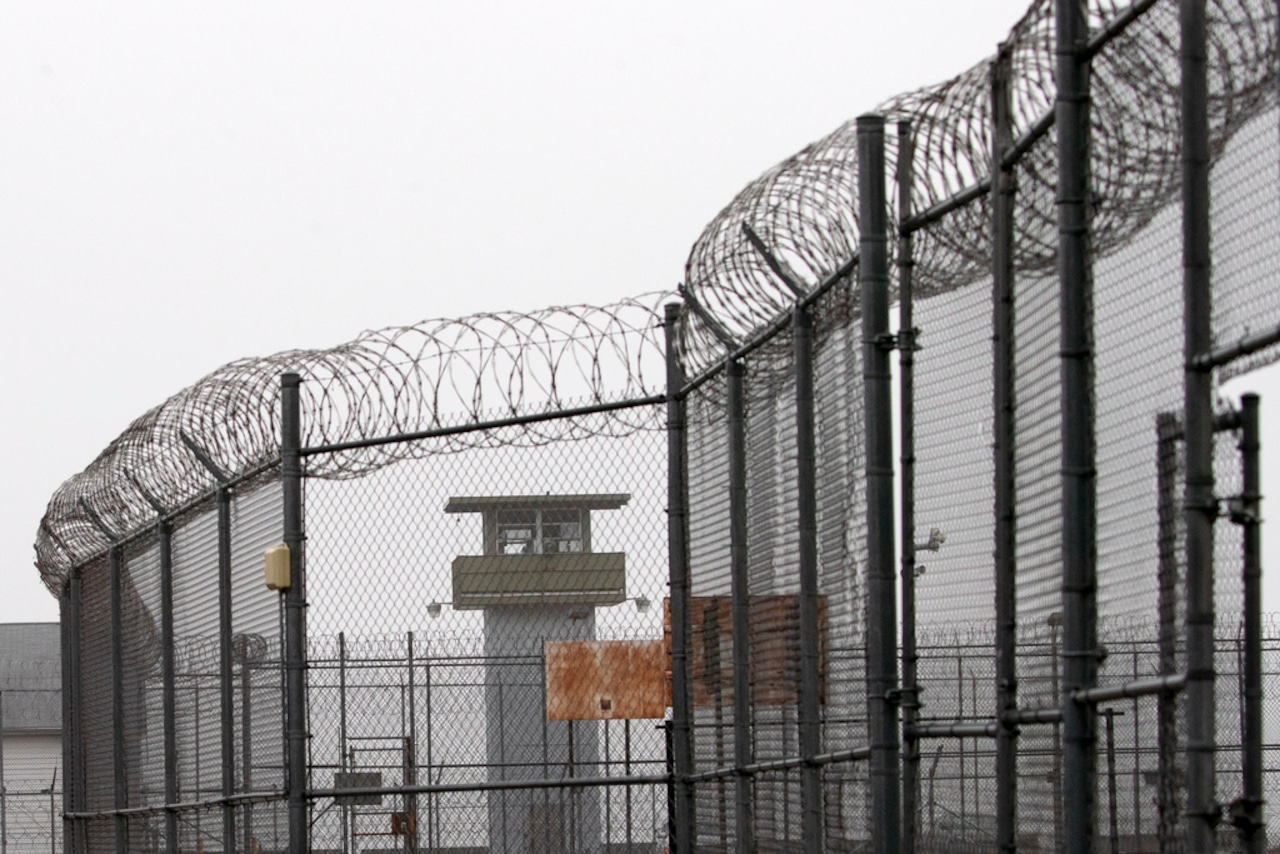
Bill Richardson, the former ambassador to the United Nations, governor of New Mexico and U.S. representative, died at his home in Massachusetts at age 75.
Richardson died in his sleep Friday night at his summer home in Chatham, according to a statement from the Richardson Center for Global Engagement, a nonprofit he founded focused on promoting international conflict resolution. The former ambassador’s decades-long career in public service was marked by multiple high-level positions he held in former President Bill Clinton’s administration, eight years as governor, a brief presidential run in 2008, several Nobel Peace Prize nominations and diplomatic efforts to get hostages released by hostile governments abroad.
“Governor Richardson passed away peacefully in his sleep last night. He lived his entire life in the service of others — including both his time in government and his subsequent career helping to free people held hostage or wrongfully detained abroad,” Mickey Bergman, vice president of the Richardson Center, said in the statement. “There was no person that Gov. Richardson would not speak with if it held the promise of returning a person to freedom. The world has lost a champion for those held unjustly abroad and I have lost a mentor and a dear friend.”
“Right now our focus is on supporting his family, including his wife Barbara of over 50 years, who was with him when he passed. We will share further information as it becomes available,” Bergman added.
Before launching his career in public service, Richardson got his bachelor’s degree in political science and French at Tufts University in Medford in 1970. A year later, he earned his master’s degree from Tufts’ Fletcher School of Law and Diplomacy.
Richardson later moved from Washington, D.C., to New Mexico, a state where he would go on to become a political titan, winning a seat in the U.S. House of Representatives in 1982 and serving as congressman for the next 14 years. Two decades later, he would win two terms to the state’s governorship.
After leaving the U.S. House of Representatives in 1996, Richardson took on two high-level executive positions in the Clinton administration. He served as ambassador to the United Nations for a year starting in 1997 and as Secretary of Energy for two years starting in 1998 after being unanimously confirmed by the U.S. Senate to the role.
In 2002, Richardson’s public interest career shifted away from the federal government and toward state politics, as he was elected governor of New Mexico, a position he would go on to hold for eight years after winning reelection in 2006.
Richardson’s tenure as governor included economic strides for the state, specifically in the film and television industry, as well as major investments in public education, around $1 billion in tax cuts for New Mexicans and advances in “clean energy, education, transportation, healthcare, immigration [and] environmental protection,” according to the Richardson Center’s website. Notably, his administration helped get built the light-rail system from Albuquerque to Santa Fe and Spaceport America in Las Cruces, the first commercial spaceport in the world.
While serving as governor, Richardson launched his campaign for president in 2008. The effort was short-lived though, as he dropped out of the race following losses in the Iowa Caucuses and New Hampshire primary. After former President Barack Obama was elected president, he tapped Richardson to become the Secretary of Commerce; however, Richardson asked for his name to be withdrawn.
In the 10-plus years since his departure from government and entrance into life as a private citizen, Richardson has authored three books, received four Nobel Peace Prize nominations and started two foundations, including the Richardson Center and the Foundation to Preserve New Mexico Wildlife, which he founded with actor Robert Redford to protect wild horses.
The Richardson Center’s mission is to promote global peace and dialogue with countries and communities not typically open to more formal diplomacy. Through the organization, Richardson has helped get hostages and American service members released in Cuba, Iraq, North Korea and the Sudan. More recently, the organization also played an instrumental role in getting Marine Sgt. Andrew Tahmooressi released from prison in Tijuana, Mexico.
Since its founding in 2011, the Richardson Center has worked with more than 80 families to provide them with guidance and support during the detention of their loved ones and to engage in so-called “fringe diplomacy” to open the doors of negotiation with foreign parties to bring home those detained, the organization noted.
“Throughout a distinguished career as Congressman, UN Ambassador, Energy Secretary and Governor, Bill Richardson has developed an exceptional international reputation, an extensive network of personal contacts and enormous global experience,” the Richardson Center’s website says. “Richardson has a proven track record of negotiating with and earning the trust of international leaders. Richardson has succeeded in areas of the world where others refuse to negotiate.”






